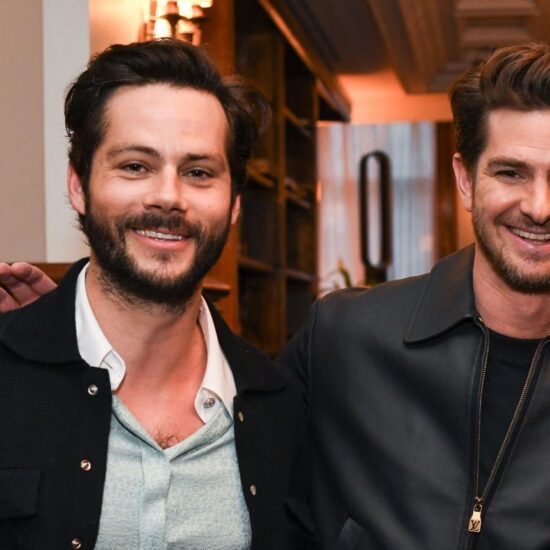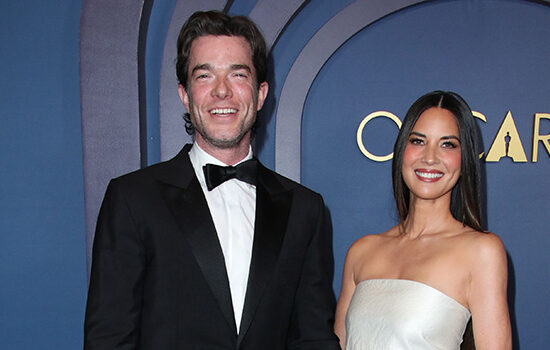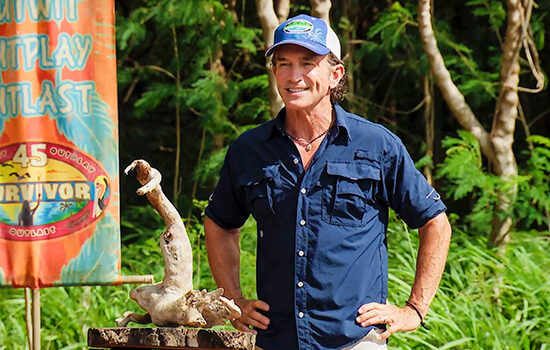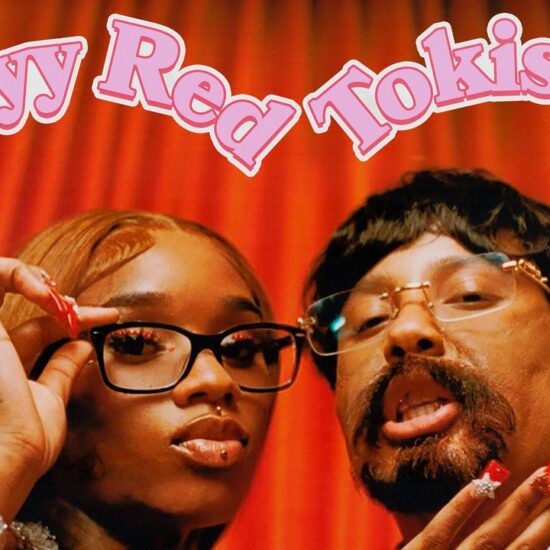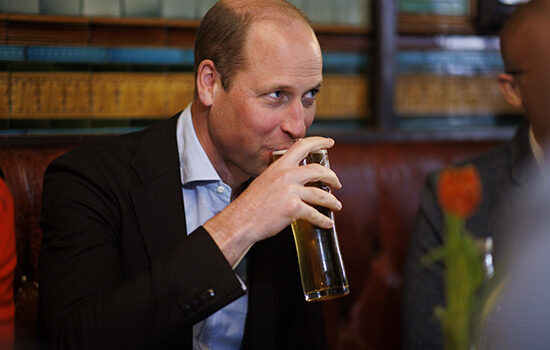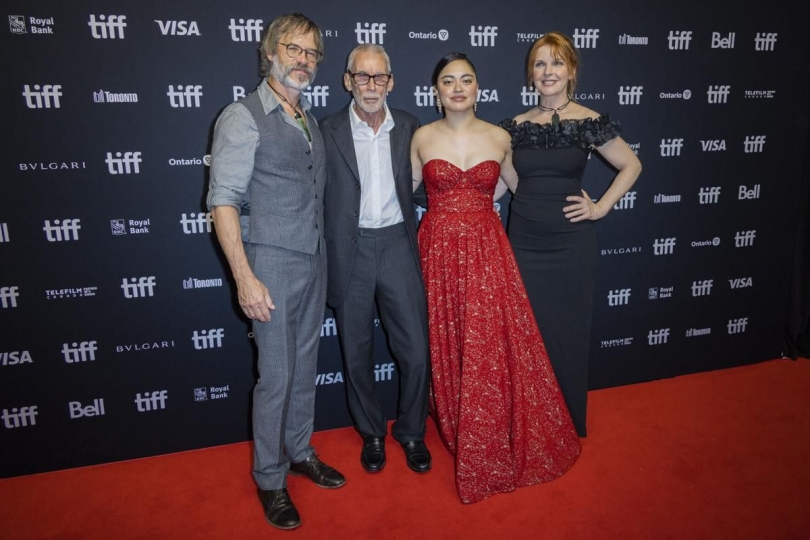
THE CONVERT
TIFF 2023
Director: Lee Tamahori.
By Emmanuel Itier
Legendary director, Lee Tamahori, who is behind such iconic movies as ‘Once we were Warriors’, ‘The Edge’ and the James Bond classic, ‘Die Another Day’ is back again focusing on a passion of his: the Maori tribes. This time, master Tamahori is painting the story of a preacher, played by the splendid, mesmerizing Guy Pearce, who arrives at a British settlement in New Zealand in the 1830s. His violent past is soon drawn into question and his faith will be put to test as he finds himself caught in the middle of a rageful war between Maori Tribes. This is a movie to be only seen on the big screen as the scope captured by Tamahori’s camera is simply breathtaking. You feel every texture, every nuances of the Maori culture in the middle of an inner transformation. ‘The Convert’ is a beautiful film to savor for it will free your soul and restore your inner faith in Life.
We were lucky to catch, for a moment in his busy schedule, Mr. Lee Tamahori.
Q: How are you enjoying TIFF and what does this festival means to you?
Lee: I tremendously enjoy Toronto. I have always admired Toronto because there is no jury judging your movie here. The audience decides what is the best movie and I love that. I love the relationship that I establish with the audience. I think it’s a bit more egalitarian to be appreciated by the audience and not a jury of industry members.
Q: What inspired you to make this film, how did it come about?
Lee: What is funny is that I didn’t want to direct this movie, at first. It was brought to me by producers who wanted me to fix the script. And I’m not a fan of religious characters, especially religious zealots. They carry too much baggage and it’s hard to argue with them. My producer friends were insisting for me to try to fix the script and to make it more interesting. I decided that this character, Thomas Munro, played by Guy Pearce was not a man of God but a Humanist. He is a man hiding out in religious clothes, from something he is trying to avoid. It’s not that he is agnostic, especially in these times, you had to believe in God. So, I went ahead, and I started to rewrite this character and the script. The more I got into the screenplay, the more I started to like the world I was dwelling into. By the end of my writing process, I agreed to direct it. And the rest is history. I really had a great time making this movie. This film is a little bit of a John Ford homage and there is a lot of ‘Fort Apache’ in it.
Q: Tell me about the various key challenges you faced making this movie?
Lee: There were really two main challenges. The first one was to be as honest and as accurate we could be with such a difficult period movie and to recreate that world as it was in the 1830’s. I really wanted to be true to the Maori characters and not betray their culture. There are no photograph and only sketches from that period and from the Maori cultures. So, it wasn’t simple to bring to life these characters and these battles. It’s also from a European perspective. So, we did as good as we could with all the historical elements we could find in order to remain as accurate as possible. Everything in this film was built as truthfully as possible by lots of people who did some hard research to find out about the various weapons, the costumes, the buildings, etc. Another challenge was to be as accurate as possible about the Maori language. The one you hear in the film is not really the one for the 1830’s, that language was lost but it is close enough from the real language spoken in those times. The other big challenge was finding and creating a landscape that was in prestige condition to be able to film our picture. But we found such places that had not be touched by European colonization.
Q: What do you think this film is truly exploring, themes wise, messages wise?
Lee: It’s really about respect for each other cultures. It’s about two cultures not truly understanding each other. It’s also a love story. It’s a unfulfilled love story between two human beings. There is no sexual relationship involved. It’s about respect and admiration for each other. At the end the preacher understands how this woman is giving herself to her worse enemy’ son to stop the war between the two tribes.
Q: What did you learn about making this movie and did it transform you in any ways?
Lee: I learned I could still make a movie at my age! On top of that I had a deficient ankle and therefore it was quite a physical challenge to make this film. I couldn’t walk very well, and I had to be driven around in a golf course. It proved to me I could do such an epic picture. Also, making an independent movie, outside of the Hollywood system, is a great adrenaline shot for me. I made studios movies and independent movies and I really enjoy the freedom you get from making independent movies.
Q: Ultimately what is the takeaway for you with The Convert and what do you hope the audience gets from watching your movie?
Lee: It’s a period drama that I hope will entertain people, even so it has a few bells and whistles in its heart. I hope the audience will now have a better appreciation and understanding of the Maori culture. I hope it’s an inspiring movie that will give hope we can transcend our difference and reach out to each other to get to a certain level of Peace.









